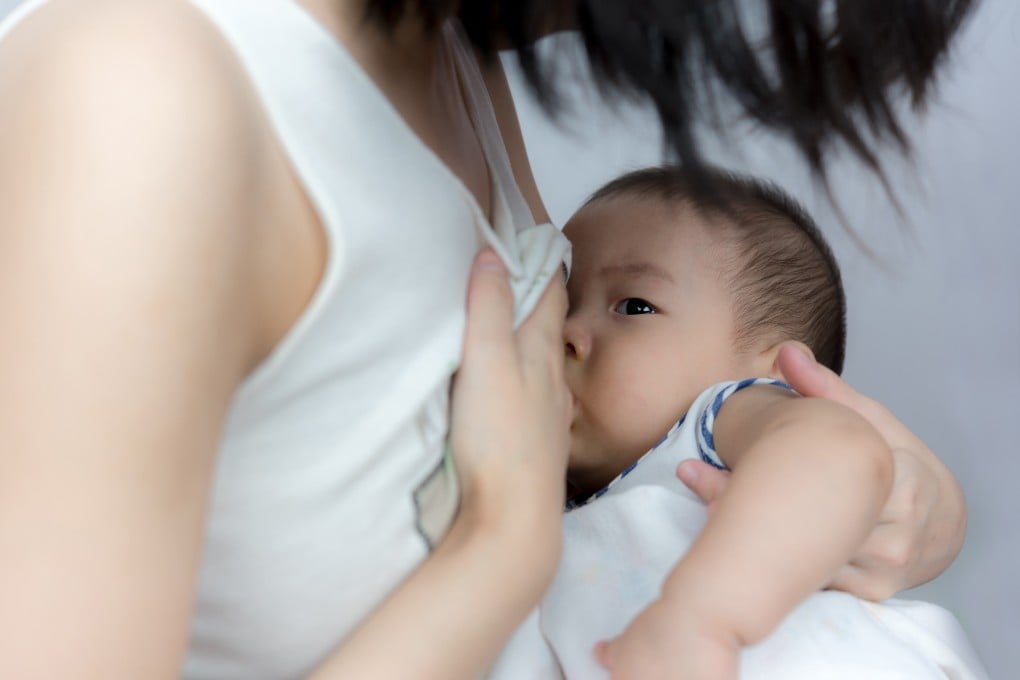World Breastfeeding Week: working mother pushes to normalise breastfeeding in public
- Liz Thomas campaigns to normalise breastfeeding in public in Hong Kong and raise awareness of breast milk’s many benefits
- The original superfood, breast milk is a rich source of antibodies, and linked to lower rates of asthma, obesity and diabetes

Hong Kong-based journalist Liz Thomas says it didn’t take long for her colleagues to adjust to the idea of her pumping breast milk at her desk.
“I work in an open-plan newsroom without a dedicated pumping room, so my desk was the best option,” says Thomas, who works for a global news organisation. “I live on Lantau and work in Wan Chai, so I couldn’t just dash home to express.
“Luckily, many of my colleagues are young and open-minded. Some were a little shocked, others a little uncomfortable, but they asked questions and got to understand that this is part of a motherhood with a career. They saw I was still running my job, they saw it wasn’t an ‘extra break’, and I am confident that when they go on to run their own departments or bureaus, they’ll know how to make it work for any new mothers returning to work.”
August 1 is the start of World Breastfeeding Week. But for mother-of-two Thomas – she has two boys, aged five and two – raising awareness about the benefits of breastfeeding is ongoing.

In 2019 she launched #Ittasteslikelove, a campaign that aims to normalise breastfeeding in Hong Kong, where 40 per cent of women who have breastfed in public have reported having had complaints or unpleasant experiences, according to a 2016 poll by Unicef.